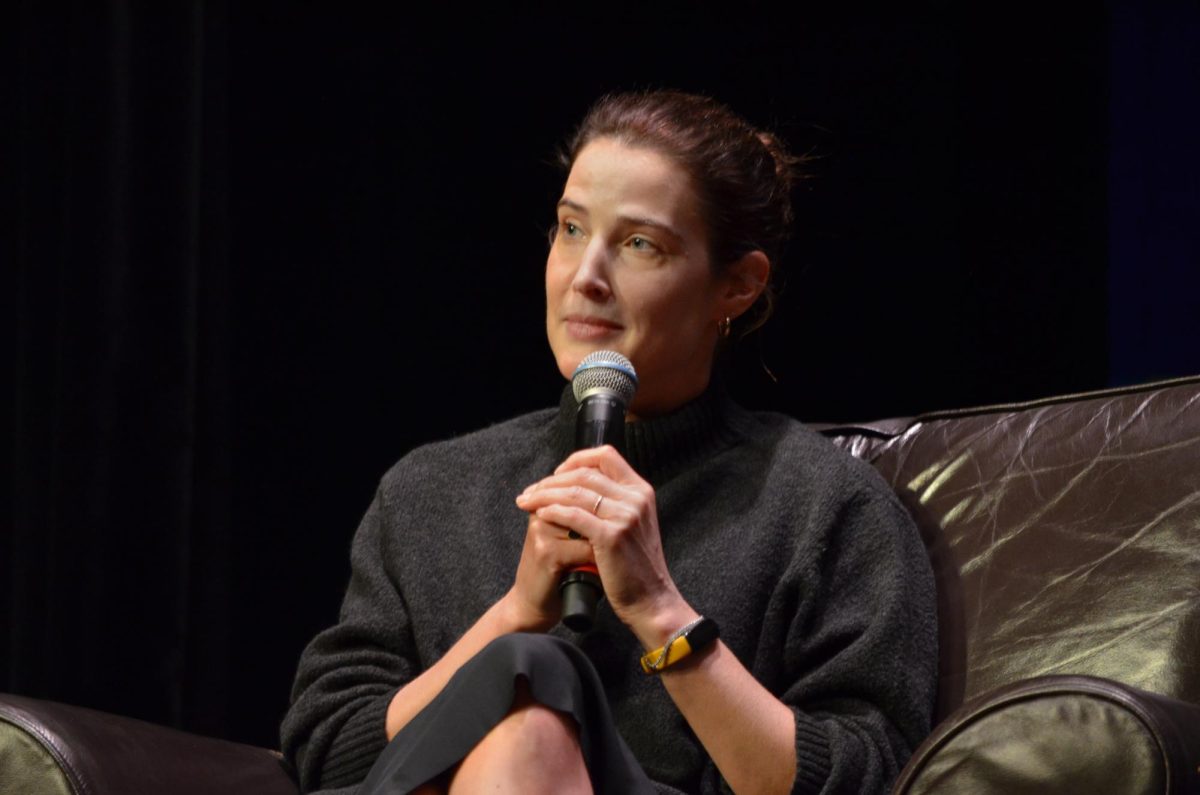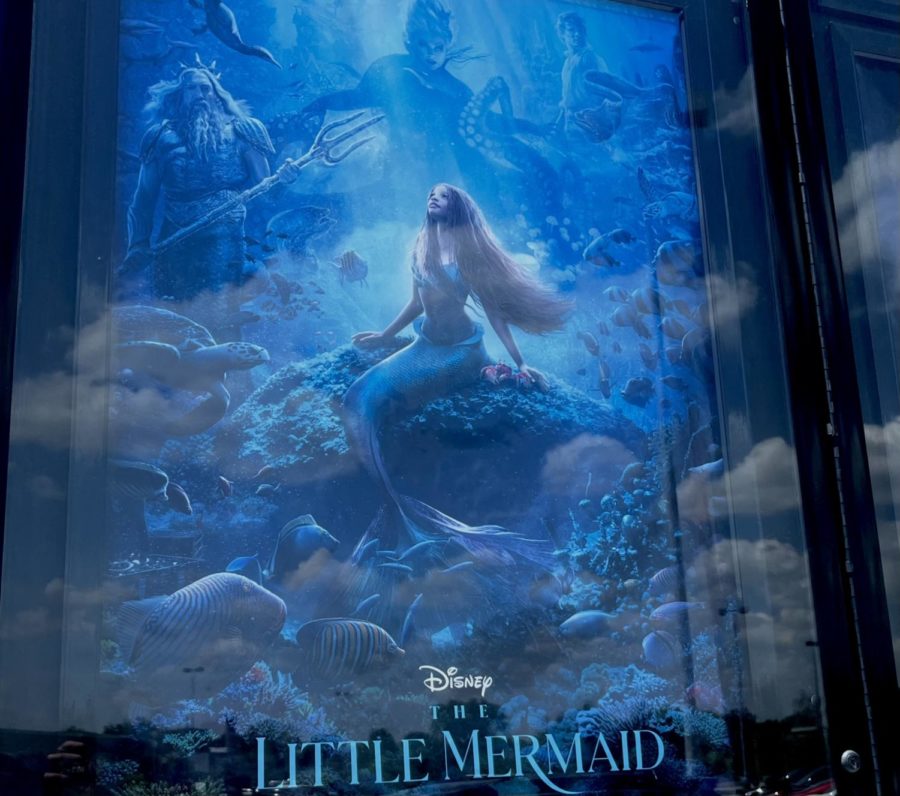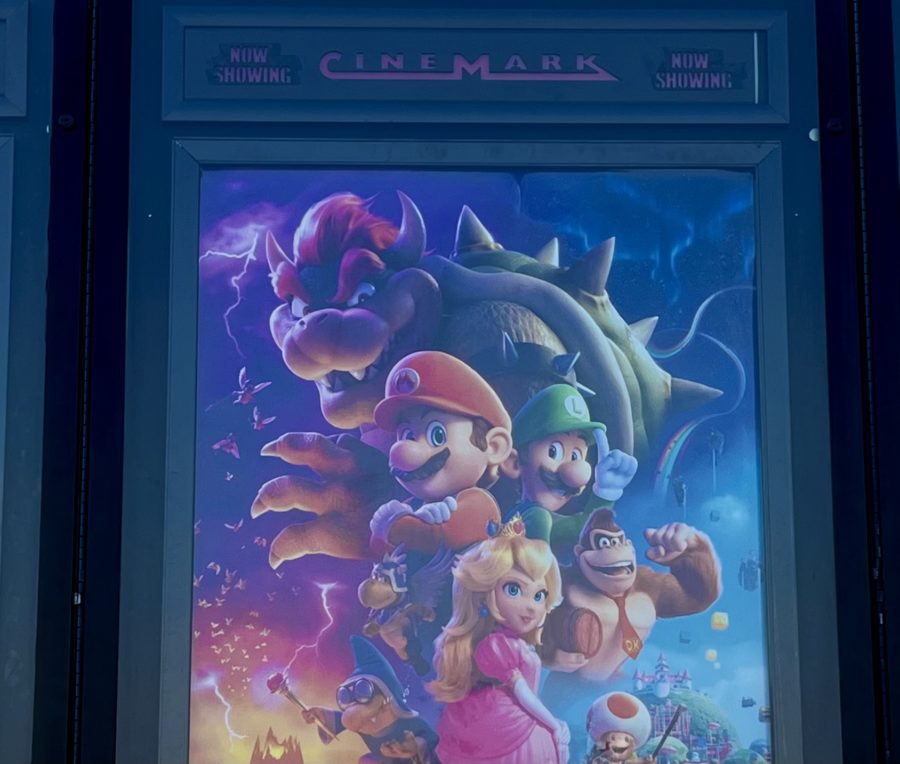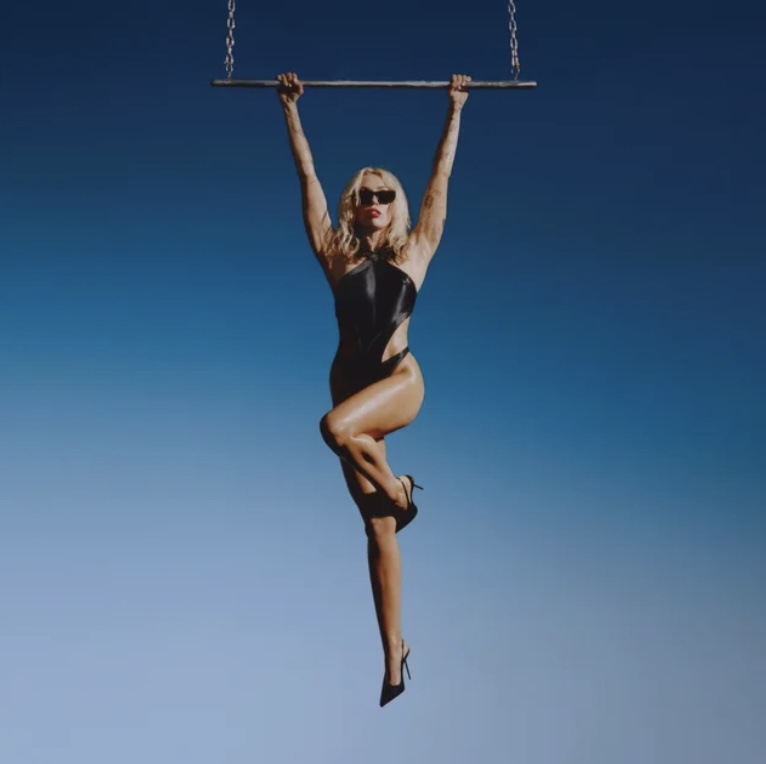When it was announced that “Barbie,” Greta Gerwig’s sparkling big-budget film about the beloved childhood toy, and “Oppenheimer,” Christopher Nolan’s gritty biopic about the father of the atomic bomb, would both be released on July 21, the internet lost its mind.
The cultural phenomenon known as “Barbenheimer” began as a joke online, but seemingly overnight, it became a completely serious pop culture event.
Barbie
I chose to stay true to the “Barbenheimer” name and saw “Barbie” first. The film comes out of the gates swinging with feminist commentary. Stereotypical Barbie, played by Margot Robbie, has a perfect life in Barbie Land – a pink, dazzling matriarchal world where all the Barbies live. Her life is interrupted after a series of malfunctions force her to visit the Real World, where humans live. While Barbie is horrified by what she sees, Ryan Gosling’s Ken is overjoyed by his discovery of the patriarchy because it makes him feel important for the first time in his life, and he decides to introduce it to Barbieland.
Barbieland’s transformation into a patriarchal alpha male society is mostly played for laughs, with the Kens lining every inch of their “Mojo Dojo Casa Houses” with horse decorations, mini-fridges and grills. But there are more insidious aspects to Ken’s takeover—the Barbies being brainwashed into becoming maids and the Kens’ attempt to rewrite the Barbie Land constitution so that it stays this way forever. This new patriarchal version of Barbie Land is especially troubling when you realize that Ken’s blueprint for this world was our own.
I was surprised by how self-aware the film was, even if it is ultimately an ad for Mattel. Sasha, a jaded teenager Barbie meets in the real world, goes on a tirade about how Barbie imposes unrealistic beauty standards on young girls. Later, when Barbie begins to panic over no longer being physically perfect, Helen Mirren’s narration points out that Margot Robbie was the wrong person to cast if they were trying to convey this point.
Behind all of the humor and sparkle, including a wonderful side plot where Mattel executives infiltrate Barbie Land, “Barbie” is a deeply political feminist film. I left “Barbie” acutely aware of my own womanhood and questioning what it means to be a woman in today’s world.
That is not to say the film is perfect. There were several occasions when the political commentary was too heavy-handed, especially during a monologue about how hard it is to be a woman that seemed to come out of nowhere. But for the most part, the political commentary in “Barbie” works, and the film is so much more than just a glittery movie about a doll.
Rating: 9/10
Oppenheimer
“Oppenheimer” tells the story of J. Robert Oppenheimer, the man who led the Los Alamos team during the Manhattan Project and helped develop the atomic bomb, and who is played by a formidable Cillian Murphy. Much of the film is told in a non-linear timeline, as Nolan jumps around from Oppenheimer’s time at Cambridge in the 1920s, to his time working on the Manhattan Project during World War II, to his security clearance hearing in 1954. The storytelling is further complicated by the presence and point of view of Lewis Strauss, played by Robert Downey Jr.
Despite the film’s depiction of several decades of Oppenheimer’s life, “Oppenheimer” ultimately relies more on feeling than fact to tell the story. We are given no time to prepare as Nolan takes us on a three-hour rollercoaster ride. Switching between color to high-contrast black and white during scenes from Strauss’ point of view gives parts of the film a cold, analytical feeling. Thanks to the masterful sound design and the high-resolution IMAX film cameras used by the film’s cinematographer, Hoyte van Hoytema, every shot feels larger than life. Nolan does not allow you to break away from his film, even for a second.
Murphy’s performance as Oppenheimer and Downey’s as Strauss are incredible. Nolan has always been very particular with his casting, and “Oppenheimer” is no different; everyone was cast perfectly. Florence Pugh, who played Oppenheimer’s mistress Jean Tatlock, is the only exception. Pugh’s talent felt wasted in this film, even though she did her best with her ten minutes of screen time. Whenever she was on screen, the production team seemed more interested in getting shots of her naked chest rather than giving her character any real personality.
“Oppenheimer” is a good film with stunning visuals, but no amount of visuals can change the fact that the abrupt time jumps and scene transitions are jarring and, at times, difficult to follow.
Rating: 6/10
On Sunday, “Barbenheimer” forever left its mark on the entertainment industry by creating the biggest box office weekend not led by a massive franchise. “Barbie” grossed $162 million, making it the highest opening weekend of 2023 and the highest opening weekend for any female director. In comparison, Oppenheimer made $82 million during its opening weekend but still surpassed the estimated $50 million in ticket sales. While both films are good and effectively tell their stories, “Oppenheimer” only met my expectations, while “Barbie” blew them out of the water. In a strange twist of fate, “Barbie” felt far more haunting than “Oppenheimer” and left me with more questions about our place in the world. Regardless, both movies make for a worthy double feature.




















